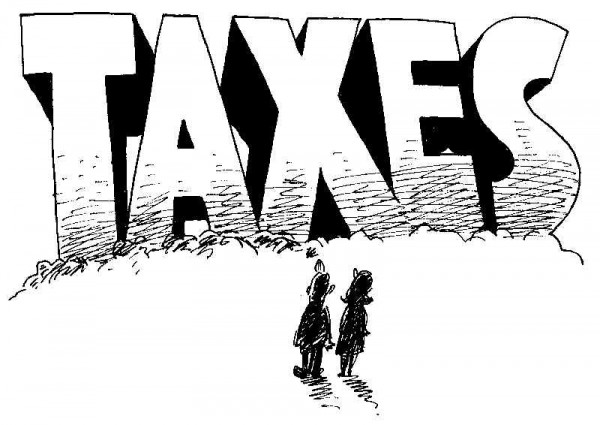When the next recession comes it’s going to wipe out millions of American families who no longer have savings or investment plans
07/14/2017 / By Lance D Johnson

Like an iceberg breaking apart piece by piece, society is always collapsing in some way, shedding and reshaping. It’s only a matter of time before countless pieces of the iceberg melt away, leaving millions of American families stranded and broke, floating alone in a cold, barren economy. How will you prepare your family for uncertain times that lie ahead? The rigged economy is on a path to wipe out what little wealth millions of American families have left. How will you increase your resilience during uncertain economic times?
It’s not just a doomsday prediction. According to a recent survey by GOBankingRates, 60 percent of Americans have not yet recovered from the last Great Recession that ended eight years ago. When the next recession hits, millions of American families just won’t have the money in savings to keep up with lost work, dwindling income, and rising costs. A recession occurs roughly every 58.4 months and is marked by increased layoffs and surges in unemployment.
The GOBankingRates survey conducted on May 30, 2017 polled 1,007 people in the United States and asked six simple yes or no questions to a range of age groups. The findings are concerning, noting that hardly anyone under 65 has an investment strategy to outlast another recession.
As the workforce becomes more automated and run by robots, jobs will become even scarcer, making income streams harder to come by. This is compounded by the fact that 68 percent of Americans have no investment strategy to cope with the next recession, and nearly half (49 percent) are living paycheck to paycheck.
Majority don’t have savings to cover six months of living expenses
The survey also found that 69 percent of women and 52 percent of men wouldn’t be able to pay for six months of basic living expenses from their savings account if something was to interrupt their monthly income. Among young adults (18-24 years old), 72 percent report they are unable to cover six months of living expenses if their income stream was disrupted. When the recession hits, this will result in more young adults moving in with family members just to get by. Many young adults are struggling to pay back college debts while others have found ways around the boondoggle, only to face stagnant income.
It’s not just the young generation that is struggling to make ends meet. The wealth of older Americans (65+) is disappearing. Rising sick care costs are plaguing older generations. The survey finds that 44 percent of elders live paycheck to paycheck, compared to 52 percent of young adults. By the time the medical system consumes their wealth; many elders will have nothing left to hand down to the next generation.
Tips for resilience in a collapsing economy
The key to coping in such a volatile economy is having multiple, passive income streams. Individuals should find ways to take advantage of self employment opportunities. One of the best ways to save money is to first not waste it on frivolous, unhealthy lifestyle choices. Avoid high interest credit cards and shed materialistic spending. Grow your own food and take care of your health at home. Instead of saving dollars that are constantly losing value, invest in and stockpile tangible goods that all people need, that will hold their value, or even increase in value over time.
Jobs are uncertain and not everyone has someone to fall back on. Planning ahead and taking steps toward financial independence is of utmost priority for those who understand the volatility of an economy that continues to break apart and reveal its façade. (Related: Learn how to stay ahead of the curve at Preparedness.News.)
Sources include:
Tagged Under: economic collapse, financial independence, preparedness, recession, savings, unemployment, wealth confiscation



















